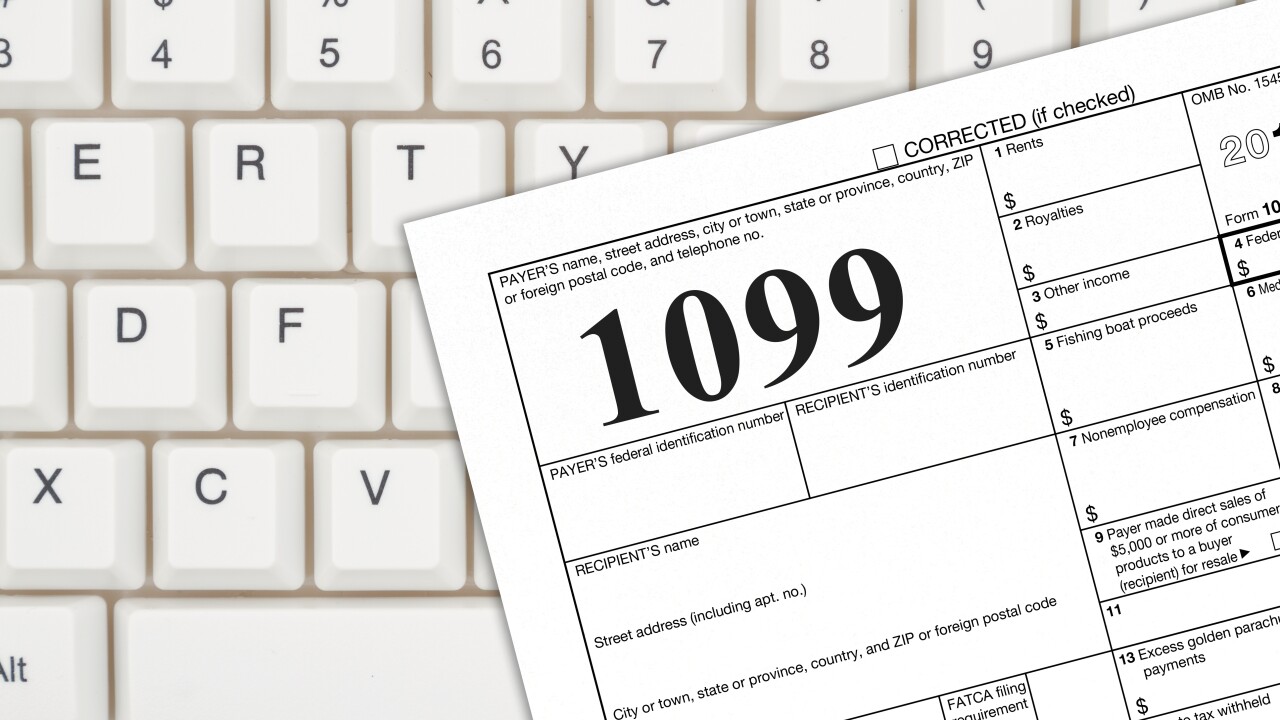IMGCAP(1)]Most families aren’t tax professionals, and that’s why they come to you in the first place.
But if they also employ a household worker in their home, they need more help than just taxes. There are a myriad of labor laws and HR-related requirements on both the federal and state levels that must be followed as well. Most families aren’t experts in these areas, so it’s very easy for them to be influenced by misinformation found online or through other unreliable sources.
We’ve singled out five common pieces of misinformation, or myths, about household employment that families typically tell us about. Listen closely for them and be prepared to gently coax them toward the right course of action.
Myth #1: The family can classify their employee as an independent contractor.
The IRS considers household workers to be employees (not independent contractors) if the family has the right to control who, what, when or how the work is performed. Over the years, we’ve petitioned the IRS for rulings in a wide variety of scenarios, and in each case, the IRS ruled the worker was an employee. Misclassifying a worker as an independent contractor (by using Form 1099) is considered tax evasion.
And recently, the Department of Labor chimed in on this topic as well. Specifically the DOL cited economic dependence and permanence as two other factors that can determine if someone is an employee. Economic dependence means the worker derives a significant portion of their income from a single source and permanence refers to the structure of the job. Household workers are therefore employees because they typically work for one, maybe two, families and their work goes on into perpetuity until the time when they quit or the family lets them go.
Myth #2: The employee can be paid a salary to avoid overtime.
Nannies, senior caregivers and other household employees are considered non-exempt workers under the Fair Labor Standards Act (FLSA). That means families are required to pay overtime for all hours over 40 in a seven-day work week (live-in nannies are generally an exception to this rule, although a few states require live-ins to be paid overtime as well). Overtime hours must be paid at a rate that is at least 1.5 times the employee’s regular rate of pay.
A common mistake we see from families is offering a “salary” to avoid having to pay overtime. There is a common misconception that salary jobs are legally able to pay a fixed amount of wages regardless of how many hours the employee works. This is true for most professionals because they are considered “exempt” workers as defined by the FLSA. In the case of “non-exempt” household workers, however, a fixed salary is illegal.
Overtime issues are particularly dangerous for employers because a disgruntled former employee can file a wage dispute long after the relationship has terminated. Back wages plus back taxes, penalties and interest can make this a very expensive mistake.
Myth #3: The employee can be paid on the family’s company payroll.
The IRS has ruled that household employees are not considered “direct contributors” to the success of a business. And since businesses are entitled to tax deductions on payroll expense, it is an illegal tax deduction to include a household employee’s payroll expense as part of the company payroll and tax reporting.
Instead, it should be handled separately through the household employment reporting process. If the expense is childcare-related, the family can take the dependent care tax breaks associated with those wages—but it must be handled on the personal income tax return.
Myth #4: The family can wait until tax time to address their household employment taxes.
Unfortunately, busy families often procrastinate until “tax time” and then drop a pile of paperwork on their accountant or CPA. By then, there are usually missed filing deadlines as well as several labor law mistakes that have grown into an expensive, time-consuming mess. To avoid this scenario, families need to speak to their tax professional or a household employment specialist at the time of hire.
Myth #5: Paying legally is a very expensive undertaking.
Handling all the payroll, tax and labor laws associated with household employment does take time, but when the process is handled correctly, the family will have access to tax breaks that can offset a significant portion of their tax liability. Families with dependent care needs, for example, can typically save around $2,000 a year by utilizing a Dependent Care Account. The employee also benefits because she is then entitled to benefits, such as Social Security, Medicare and unemployment insurance.
Tom Breedlove is director of





